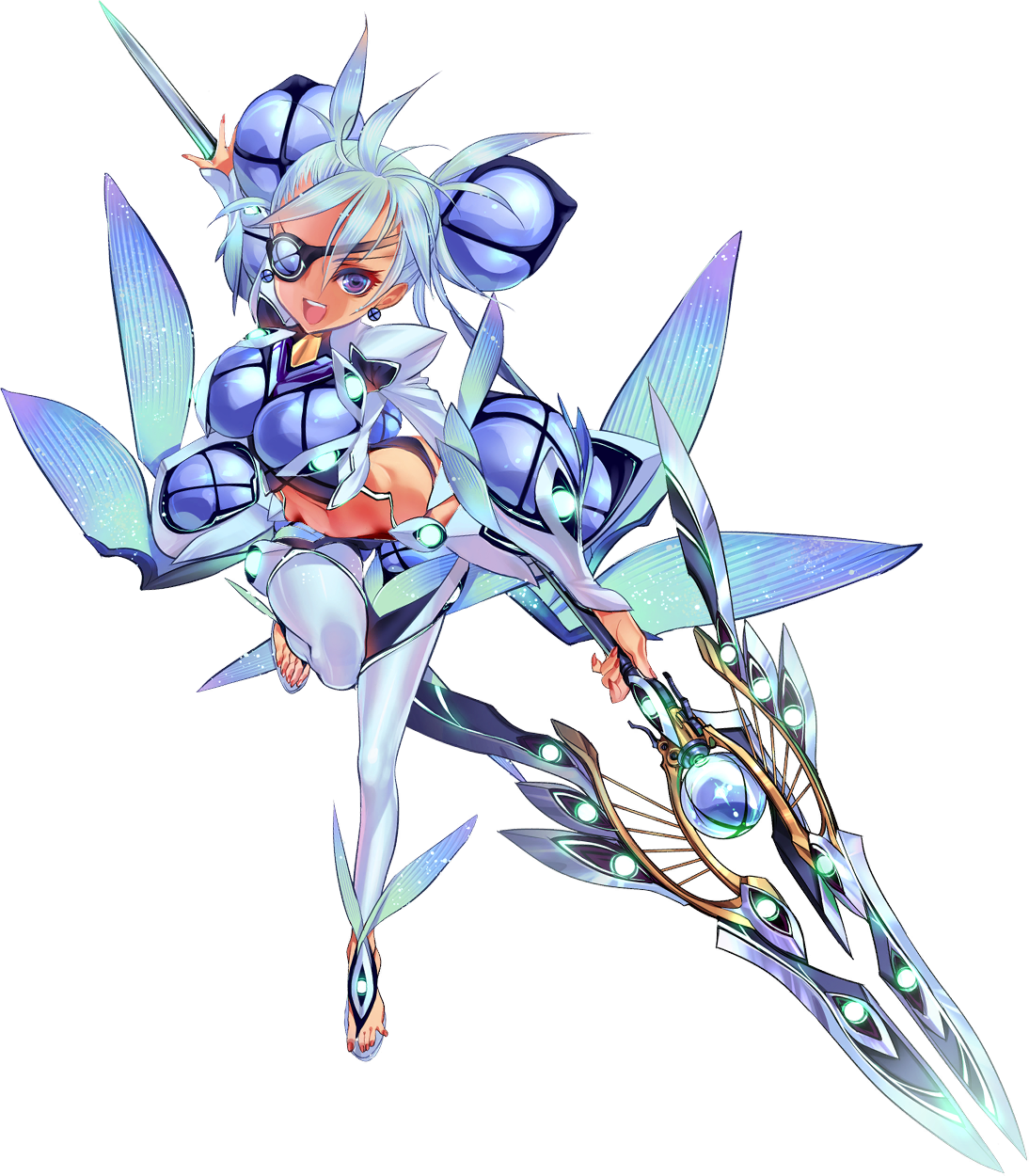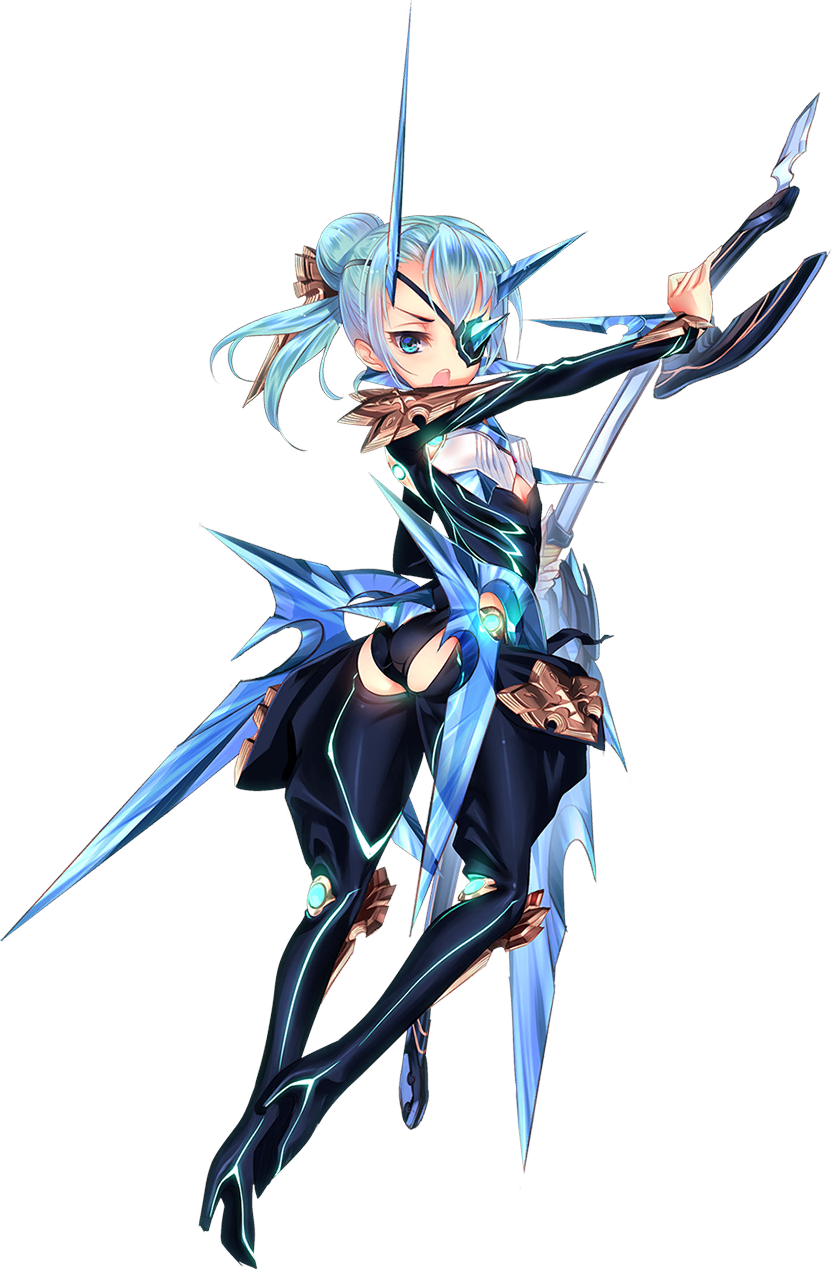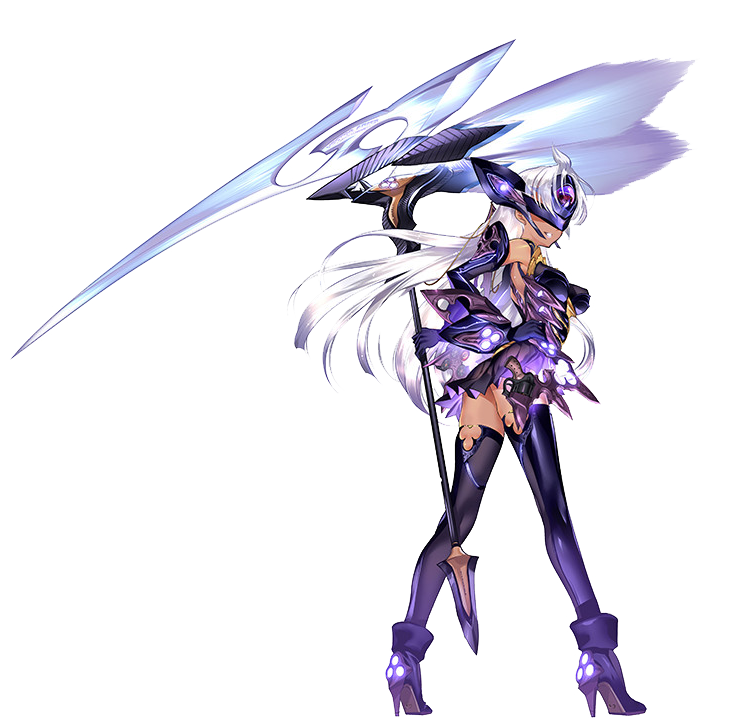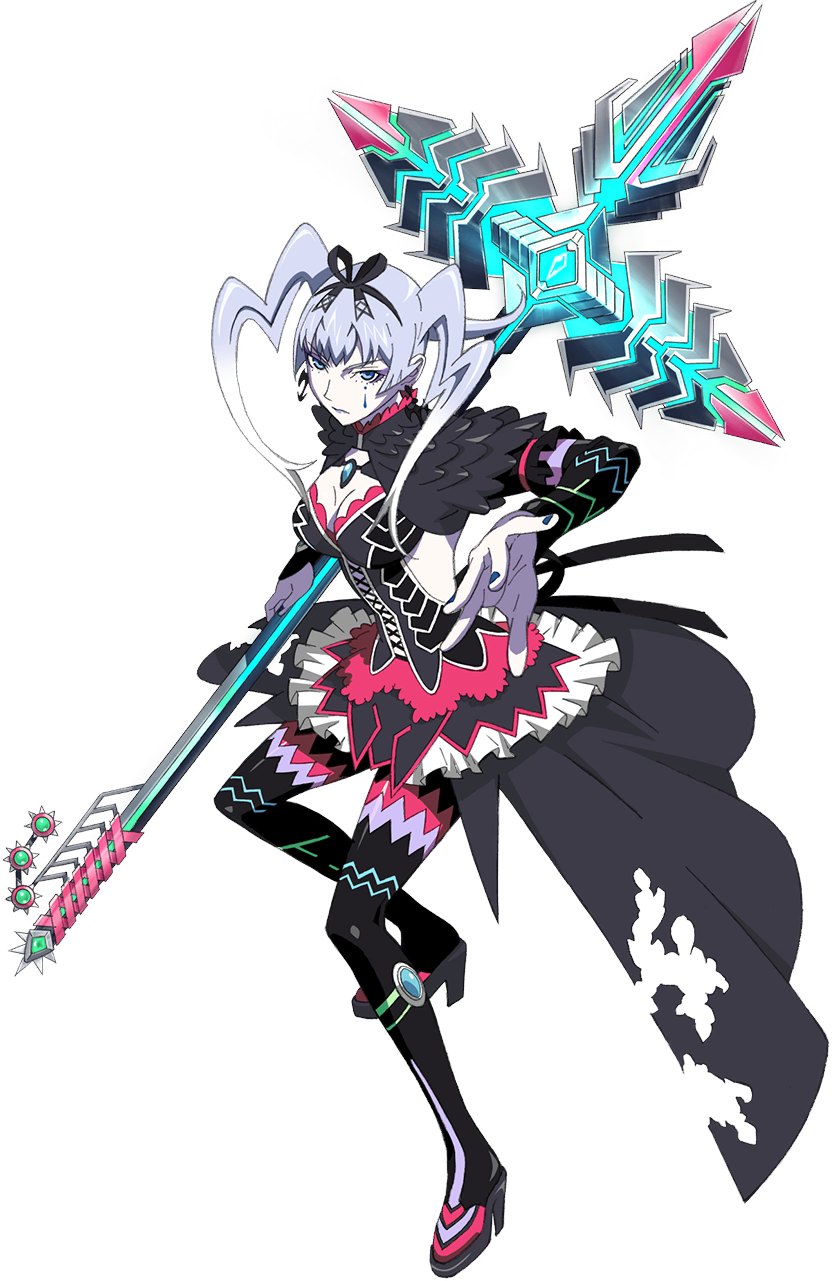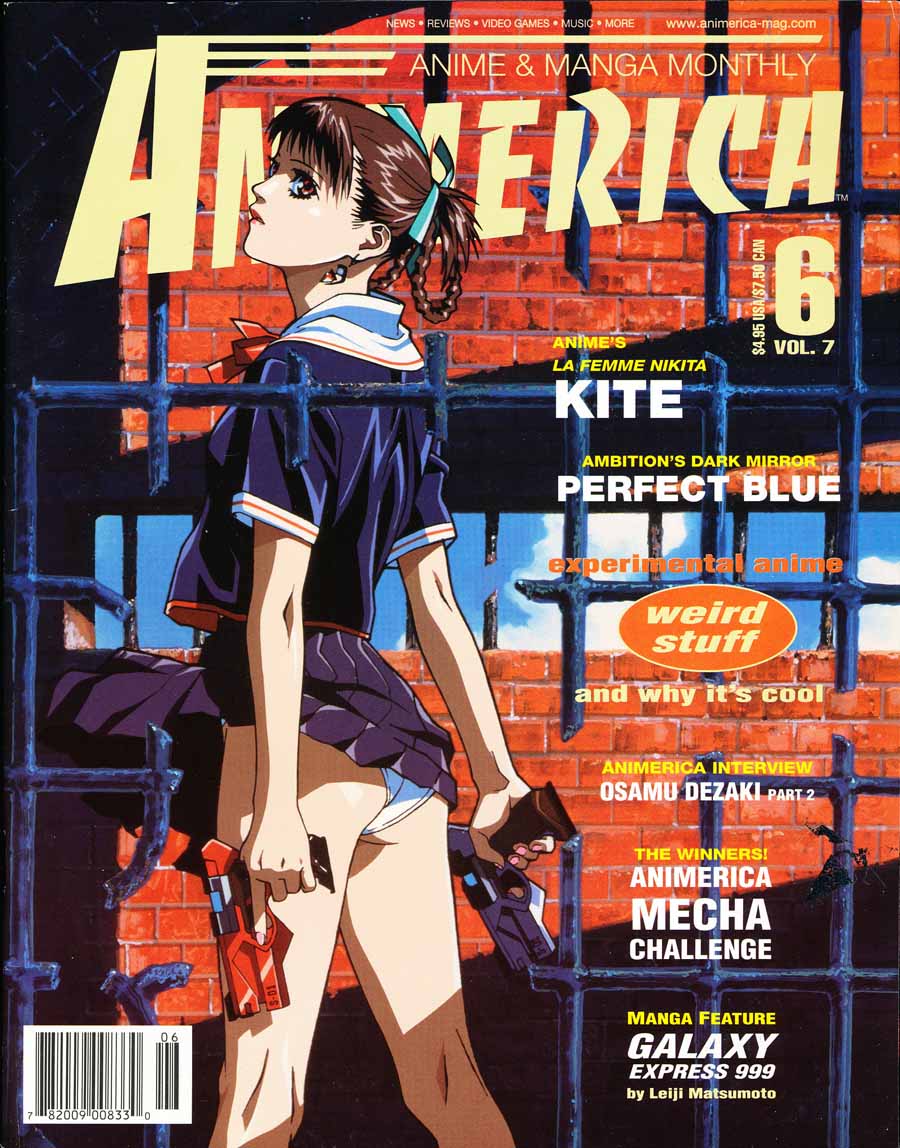Well to me those scenes are just fun cringe at worst, do you hate them that much? What does define to you a proper pacing in story? Hurr hurr nitty gritty depressing all day?
Even trash stereotype anime is fun to watch, because you laugh at them.
I don't hate them. I'm just so indifferent to them that it takes me out of what is otherwise very good. Imagine you are eating a 3 course menu, the appetizer is delicious and then the most bland main course is brought out. Sure, you can eat it and sustain you, but it sure isn't up to par and it lowers your expectations for the desert.
Pacing in a story, in general, talks about the amount of tension that is experienced as the plot unfolds - the speed at which the plot progresses, essentially.
If it's too slow, it's boring, if it's too fast, it becomes worthless.
What you want to have is good transitions between slow and fast pacing. Slow pacing is good for very personal moments... talks, heart to hearts, the mundane day-to-day life and is therefore very good to establish culture, the foundation of the world and so on. Fast pacing is what blows your mind, that which hooks you. Action, development.
Xenoblade starts with very slow pacing - an outside explanation of how the world came to be. Then it transitions into a very fast pace, dropping you right in the action of the war between Homs and Mechon. Nothing is well explained, not what the Monado is, not how this war happened the way it did, nor who in specific the character trio of Dunban, Mumkhar and Dickson is nor what their roles are. This hooks you and it gives you a taste of what the game will be about.
Transition, slow scene, Shulk in Colony 9. You immediately recognize the mechon scrap, but the tension is fading. You start learning more about the day-to-day life, the culture, the world as it is experienced by everyday people. With the fast paced prologue in mind, you wonder how this all fits together, what happened with that war exactly?
As you get to know the main trio (Shulk, Reyn, Fiora) in a very slow paced and personal way, by letting you experience their day-to-day life, a very close connection is created, which is
extremely important to the next fast paced high.
The scene that follows is the hook into Shulk's story.
Basically we go from the first high to the second low, which sets up
questions and makes us pay more attention to what happens in that low. It basically gives us a reason to
care about getting to know those characters in the slow paced part in Colony 9. We care more about Fiora because she is Dunban's sister. We care more about Shulk because he is interested in the Monado and has a relation to both Dickson and Dunban, which we are curious about. That slow paced part allows us to
care about the events in the second high paced part and makes us invest emotionally.
If you imagine that tension on a curve, you'll notice that the it rises and falls, with a tendency to
rise more towards the climax and to
fall more after the climax.
Those transitions are supposed to be smooth. The problem with XC2's pacing is that in their attempts to have hooks and slow pacing alternating, their slow paced parts are completely detached from the main story and are rather trashy. The transitions happen in a very sudden way, that will remove the tension completely rather than letting it subside naturally.
An emotionally conflicted character looking for peace will only be interesting or satisfying to experience if the process makes sense and therefore lets the reader/viewer/player immerse themselves.
If the solution to the conflict just appears out of nowhere, it won't feel rewarding or satisfying.
That 'cut' in the tension is what is bad pacing.
As you mention trash anime, you are probably familiar with the 'power of friendship' idea, or the ressurection of characters. If it happens once and makes sense with the established rules, it's fine, but if you do it too often and the explanation feels half-assed, a character's death will not matter anymore because you've gotten used to the tension being removed
for you by the storytelling.
Trash anime can certainly be enjoyed as the equivalent of trashy horror movies, but I wouldn't argue that this makes them actually good. In the case of XC2, there are some amazing and well written scenes and plot elements, but when you sprinkle in bad writing and uncohesive progression (like the fights <-> cutscene conflict I wrote about) it will make you feel less excited because either the bad writing becomes too predictable or unbelievable, or it gets so unforeseeable that it makes you lose the feeling of tension.
XC1 has a very smooth curve by being pretty consistent with its own rules, setting up character arcs properly and following through with them, not putting stupid jokes where they don't belong, gameplay flowing into story well and vice versa, et cetera.
XC2 more often than not feels like written by 2 different people, one of them trying to tell an interesting story, the other one writing a generic anime - the only thing connecting those being the characters themselves. Which is in fact, IIRC, what happened.

